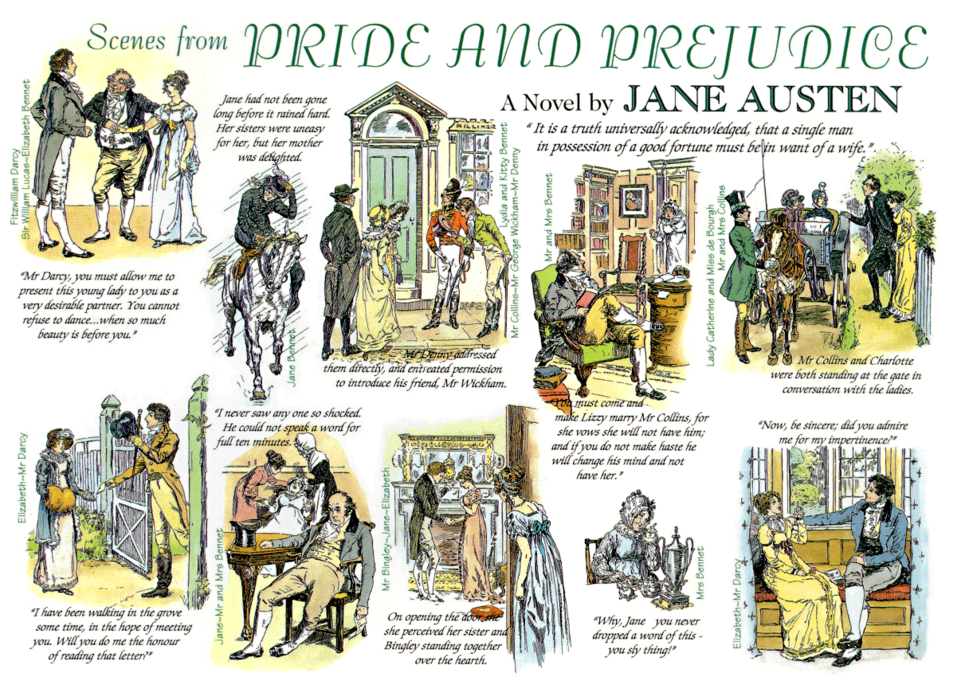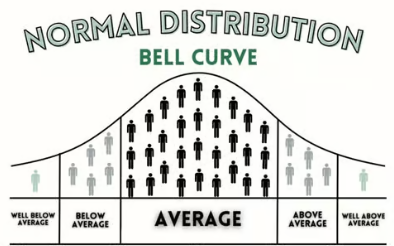“Take What Resonates, Toss The Rest”

Giving Feedback
The title of this post is a sentence that’s often used at the end of a fellow writer’s feedback in the Lab, and I think it’s perfect. The first time I submitted work for critique and someone responded with this line, I felt a huge wave of relief. It says so much in so few words:
- Trust your judgement/go with your gut
- Take it in context with feedback from others
- You don’t have to take on board all of my suggestions; I really won’t be offended!
Of course, when we give feedback, it can be easy to assume that everything we say is spot-on and should be acted upon immediately. Reading the critique of others makes you realise that – shock-horror – you may not actually be right! Or perhaps there’s another way of looking at things! People may even disagree with you and offer contradictory advice! And guess what? That’s okay!
Receiving Feedback
Sometimes feedback can be startling. It can open you up to a whole new perspective on your work that you hadn’t imagined – this can be in a good way or a not-so-good way. It’s important to stay open-minded and try to view your work objectively (the latter can prove to be very difficult!). It can be easy to respond by accepting the praise and rejecting the criticism in a “They just don’t understand what I was trying to do here” kind of way. And maybe they don’t. But then again, maybe they do. Take time to digest the feedback and reflect on it without the clouding of your initial emotional reaction. “Take what resonates, toss the rest” is not meant to be taken as permission to only accept what you want to hear.
I’ve learned not to be precious about my work. I now enjoy having my writing dissected and analysed by the many intelligent, thoughtful and honest writers who form this wonderful community, both in the Lab and the Huddle. I often heed the points made, especially if expressed by more than one Litopian. But, guess what? Rightly or wrongly, sometimes I don’t. And that’s okay too.
Acting on Feedback
When giving or receiving feedback, I think there are some important considerations to take into account before deciding to act:
- Am I critiquing as a writer, or as a reader? The two can be very different!
- Do I/does the person giving feedback read in this genre? Am I/are they familiar with the conventional tone and tropes of it? Am I/are they aware of comparatives/the current trends in the market?
- Can I differentiate personal taste from objective analysis?
Experience
I write contemporary romance, often with a fantasy twist, as well as more psychological/mystery/suspense-type thrillers. Both are commercial genres. That doesn’t mean the writing shouldn’t be the best that it can be, but there are times when I receive feedback from writers who don’t read in these genres and have expectations that don’t chime with the market. However, I’ve yet to receive critique that doesn’t include at least one golden nugget, so I’ve learned to put these perspectives into context.
What else have I learned?
- I’m not always the best person to give feedback because my knowledge of the conventions of the genre isn’t as strong as that of others. That doesn’t mean I shouldn’t offer critique, more that I should be aware of this in my response to a submission and make it clear to the writer.
- Good writing is good writing. Period. Sometimes you have to toss the rule book out of the window! Just be aware that this can be a risk when it comes to pitching to agents/publishers.
Final Thoughts
How easy do you find giving and receiving feedback? What have you learned along the way?
What ‘golden nugget’ feedback have you received and how did it change your work-in-progress?
Would you add anything to any of the sections in this post?
Structuring Scenes
How to craft scenes with purpose
I watched another excellent webinar recently. The content was helpful as both a planning tool and as an editing tool. Scene structure mimics story structure, but on a…
On The Honest Authors’ podcast, Gillian McAllister once mentioned that she was asked, “Do you really think that?” about something controversial she’d written in one of her novels….




















